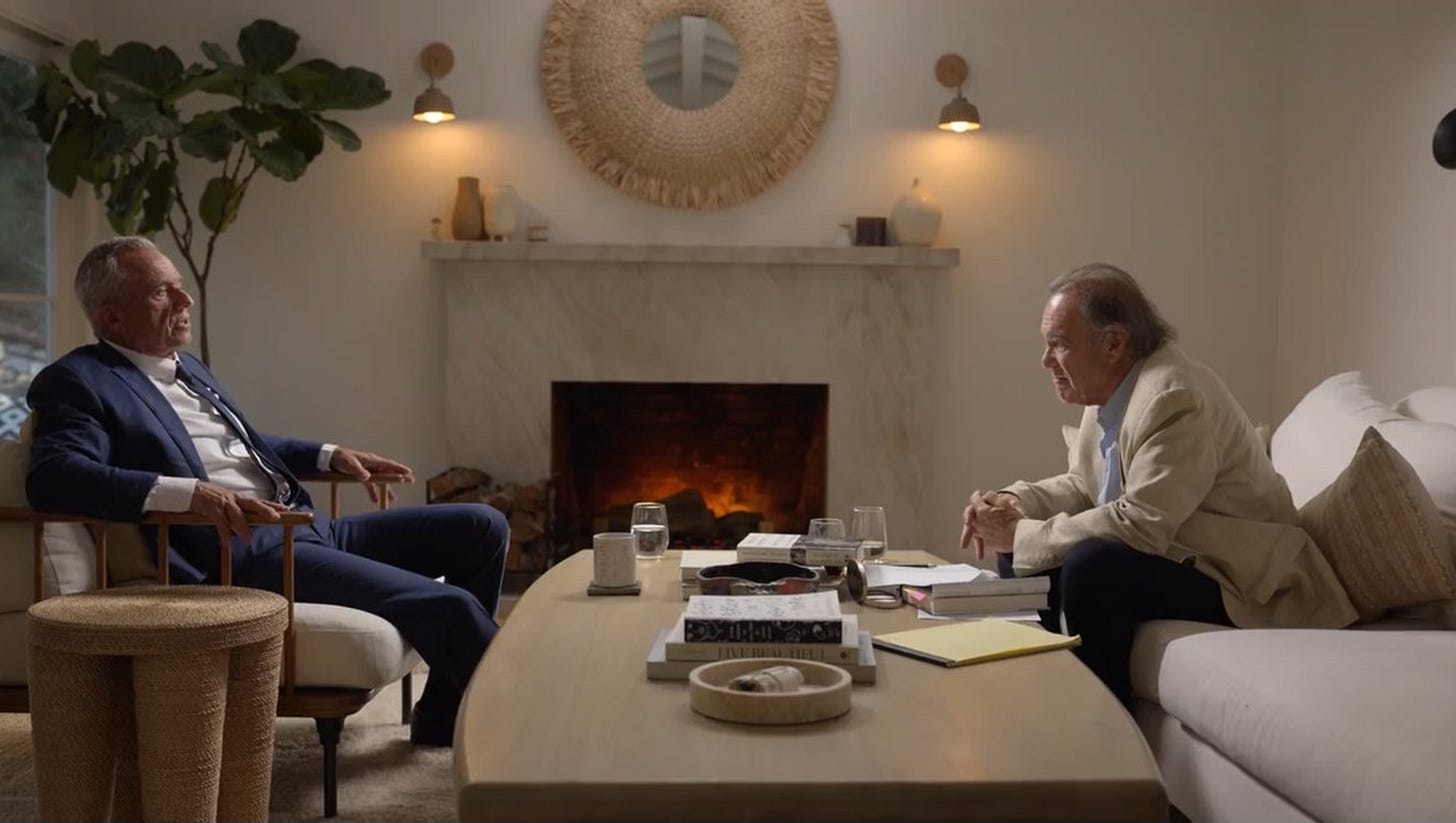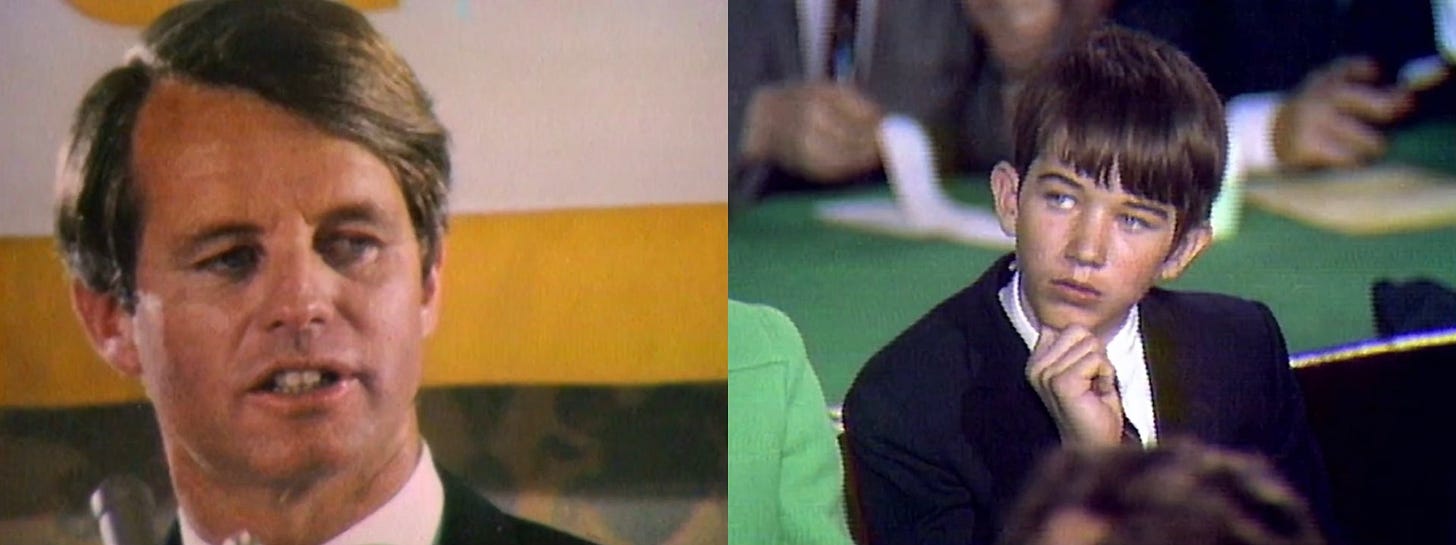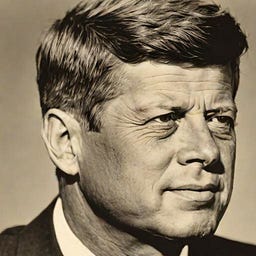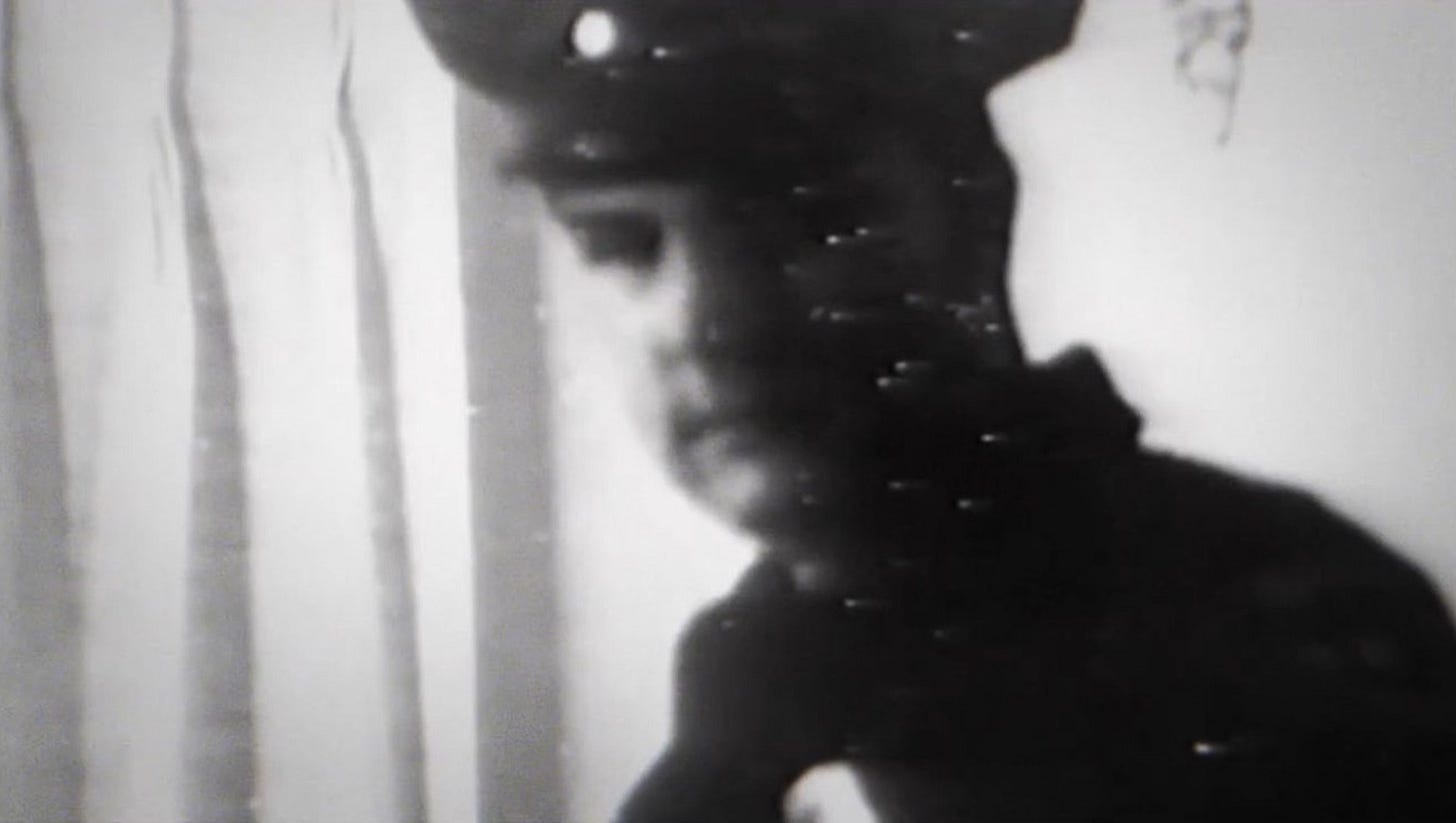Now Streaming: New RFK Documentary
Description

On Tuesday, “RFK: Legacy” debuted on the Angel streaming service. Veteran filmmaker Oliver Stone, director of the blockbuster feature film “JFK” (1991), produced this 2025 documentary about Sen. Robert F. Kennedy, assassinated in 1968, and his son, Robert F. Kennedy Jr., now President Trump’s Health and Human Services secretary. Oliver Stone’s son Sean directed.
Featuring interviews with JFK assassination researchers and authors Lisa Pease and David Talbot — both of whom appeared in Stone’s 2021 documentary features “JFK: Destiny Betrayed” and “JFK Revisited: Through the Looking Glass” — the narrative of “RFK: Legacy” centers on the memories and impressions of the assassinated senator’s son and namesake, Robert F. Kennedy Jr. He is also interviewed in Stone’s 2021 documentaries.
JFK Facts is a reader-supported publication. To receive new posts and support my work, consider becoming a free or paid subscriber.
Environmentalist and JFK assassination researcher Dick Russell, author of “On the Trail of the JFK Assassins” (2023) and the biography “The Real RFK Jr.” (2023), also appears.
Finely crafted, the film explores the emotional impact that the assassination of President John F. Kennedy had on his brother and attorney general, Robert F. Kennedy, turning him from a hard-edged, “pretty ruthless guy” into a “truly compassionate person,” then leader of a movement prioritizing peace and the interests of America’s working poor as he campaigned for the presidency in 1968.

Footage and stills of the late senator and his family are expertly edited in the nearly-two-hour “RFK: Legacy,” with much footage apparently restored to improve resolution, e.g., RFK’s impromptu speech announcing the assassination of Rev. Martin Luther King Jr. to a crowd of supporters on the campaign trail in Indianapolis, Indiana, on April 4, 1968:
“Ladies and gentlemen, I’m only going to talk to you just for a minute or so this evening, because I have some very sad news for all of you, and I think sad news for all of our fellow citizens and people who love peace all over the world. And that is that Martin Luther King was shot and was killed tonight in Memphis, Tennessee. For those of you who are tempted to be filled with hatred and mistrust of the injustice of such an act, I would only say that I can also feel in my own heart the same kind of feeling. I had a member of my family killed. But we have to make an effort to get beyond or go beyond these rather difficult times. What we need in the United States is not division. What we need in the United States is not hatred. What we need in the United States is not violence and lawlessness, but is love and wisdom and compassion toward one another, a feeling of justice toward those who still suffer within our country, whether they be white, or whether they be black. Let us say a prayer for our country, for our people. Thank you very much.” ~ Sen. Robert F. Kennedy, Apr. 4, 1968
Robert F. Kennedy Jr., who suspended his own independent campaign for president in 2024 and endorsed President Trump, recounts his life after his father was killed, when RFK Jr. was only 14 years old. He tells of his descent into alcoholism and addiction to drugs, including heroin, before his own arrest in 1983 gave him a new lease on life.
Conveying inspiration from his father’s courage, RFK Jr. discusses how he became a champion of environmental causes as an attorney and eventually an activist in the sphere of public health. The film devotes a lot of time to his public and controversial struggle against state-imposed policies during the COVID-19 pandemic, including lockdowns and vaccine mandates.
The film concludes with an in-depth discussion of circumstances surrounding the assassination of RFK on June 5, 1968. His son speaks of how he had assumed for decades that the killing was a straightforward case of a lone gunman, Sirhan Sirhan, shooting his father and wounding several others with a handgun.
After reviewing the autopsy report at the behest of his father’s friend, Paul Schrade, who was wounded in the shooting, he conducted his own investigation and became convinced that the accused assassin could not have fired the fatal shot in the pantry of the Ambassador Hotel in Los Angeles on the fateful night.






